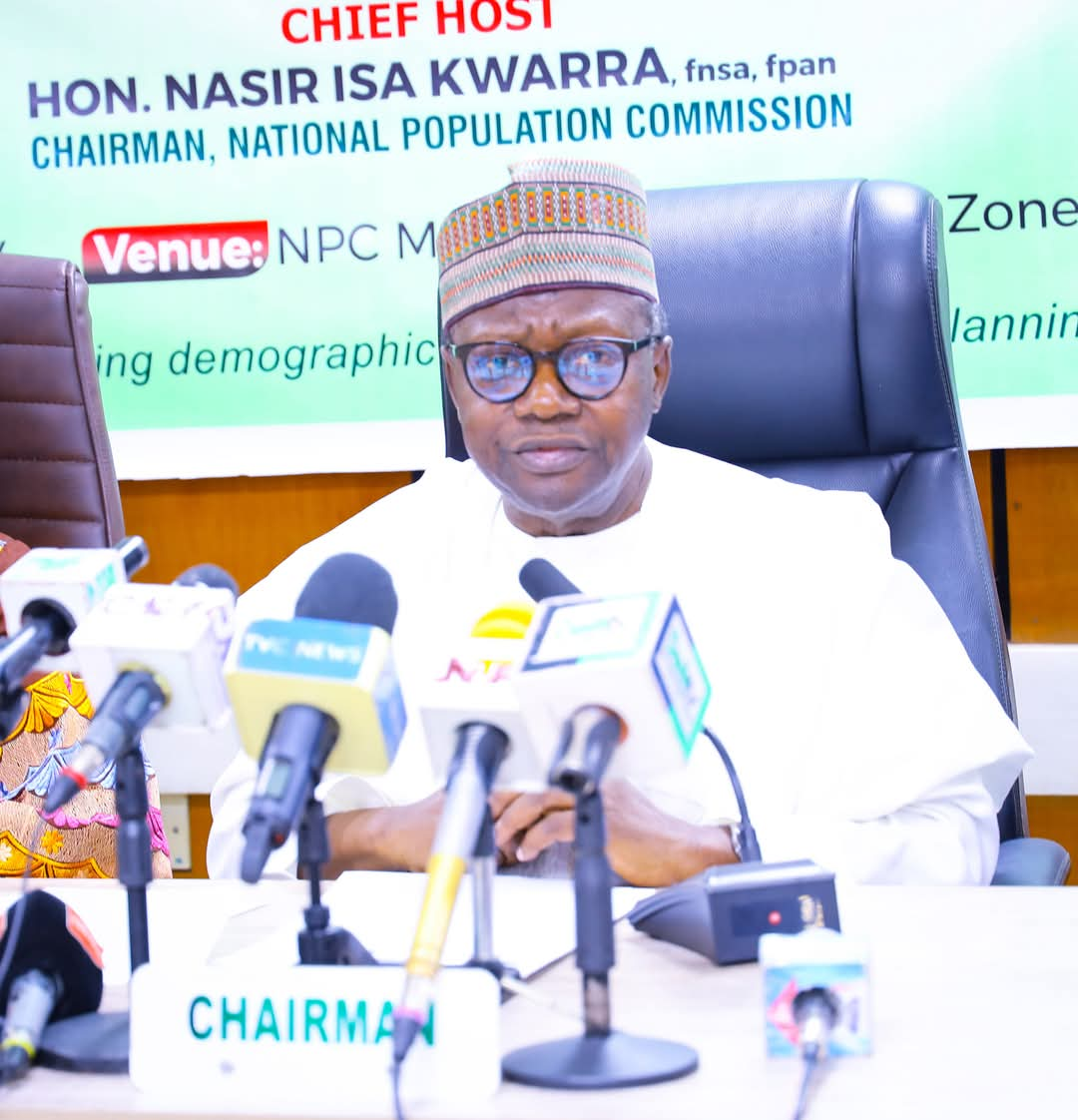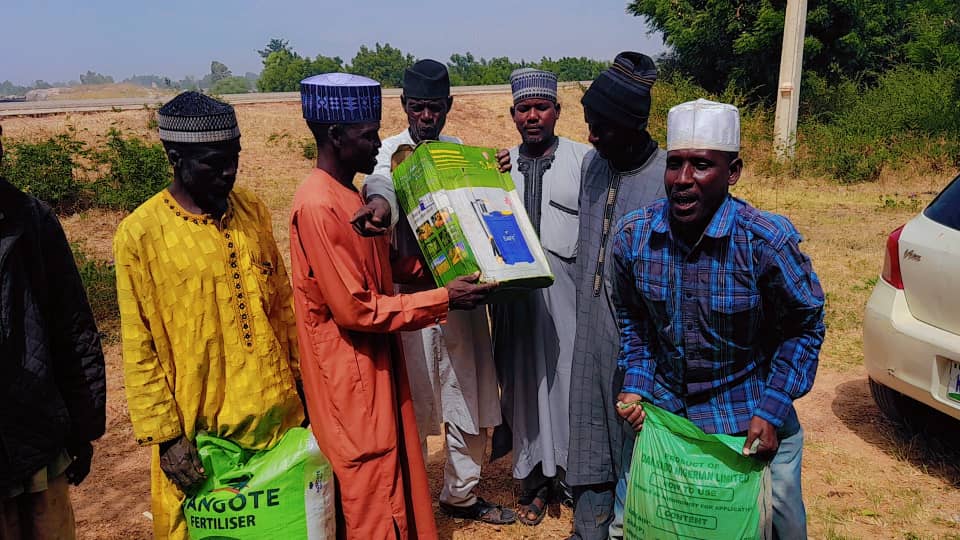NPC BEGINS DATA COLLECTION FOR 2024 VASA STUDY

- Katsina City News
- 22 Nov, 2024
- 63
The National Population Commission (NPC) has officially commenced data collection for the 2024 Verbal and Social Autopsy (VASA) Study, aimed at investigating the causes and contributory factors to deaths in children under 5 years of age and in women of reproductive age.
Speaking at a press briefing held today, 22nd November 2024 at the NPC Headquarters in Abuja, the Chairman of the NPC, Hon. Nasir Isa Kwarra, stated that the study will provide up-to-date information on early childhood and maternal mortality, as well as investigate cultural, behavioural, social, and health system factors contributing to neonatal, infant, and under-five mortality.
The 2024 VASA Study is the third in the series conducted by the NPC, following previous studies in 2014 and 2019, highlighting ongoing concerns about mortality rates in Nigeria. The study will be conducted in households where deaths were recorded and consent received during the 2023-2024 Nigeria Demographic Health Survey (NDHS). A total of 4,879 cases, including 2,537 under-five mortality cases, have been selected for this comprehensive study.
The study will involve both qualitative and quantitative data collection, with 26 teams of interviewers deployed nationwide, each comprising four female interviewers, a team supervisor, and a quality manager. The teams will collect data from November 4 to December 15, 2024, across the 36 states of the federation and the Federal Capital Territory (FCT).
The NPC Chairman emphasized the importance of generating reliable data to combat high under-5 mortality rates in Nigeria, which stand at 110 deaths per 1,000 births, according to the 2023-2024 NDHS.
Kwarra expressed gratitude for the support of the United States Agency for International Development (USAID) and other stakeholders, urging local government officials, community leaders, and the media to promote the survey and encourage public participation.
As the NPC embarks on this critical initiative, the hope is that the findings will lead to impactful policies and programs that significantly reduce neonatal, child, and maternal mortality rates in Nigeria.



.jpg)

